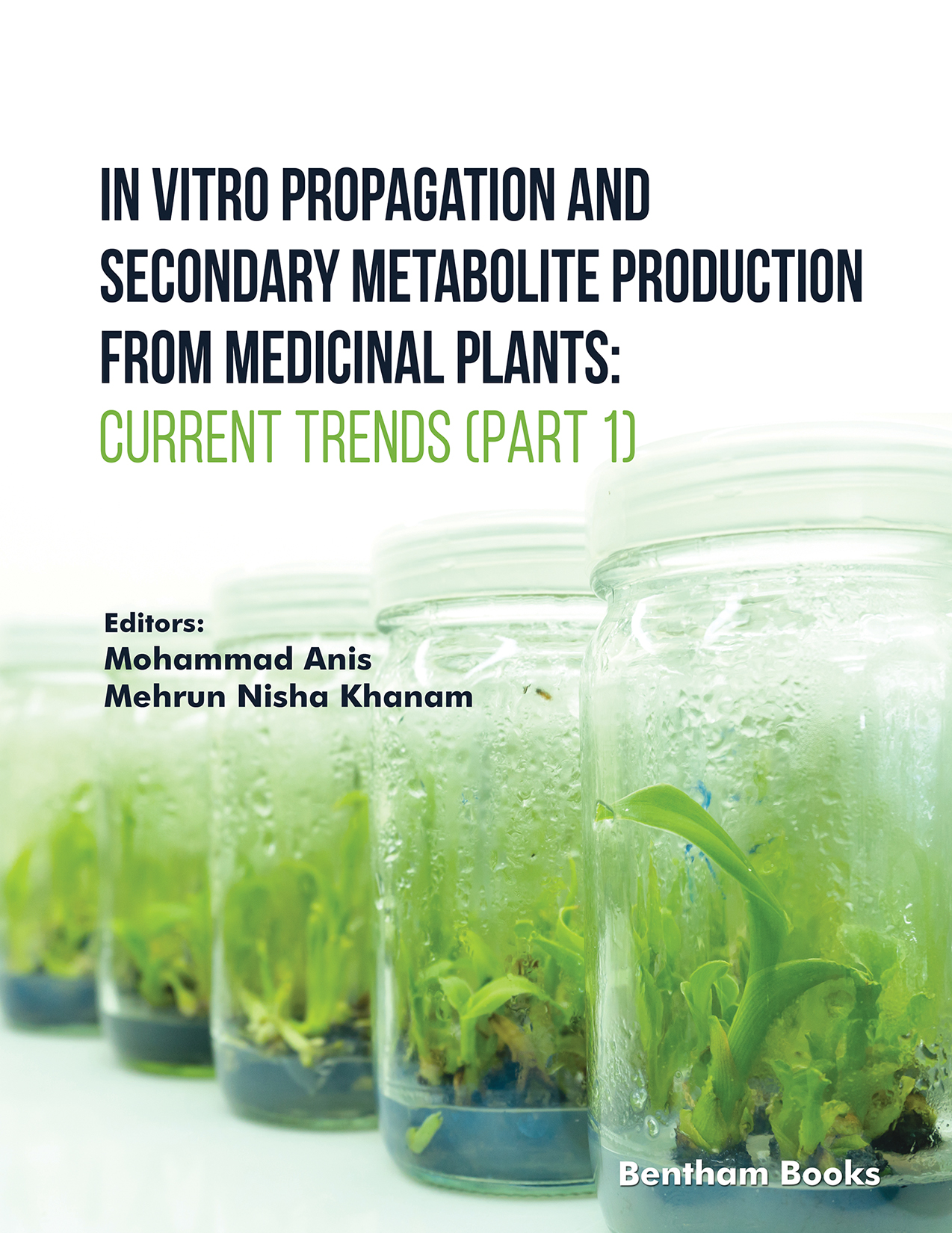Introduction
This book is a comprehensive review of secondary metabolite production from plant tissue culture. The editors have compiled 12 meticulously organized chapters that provide the relevant theoretical and practical frameworks in this subject using empirical research findings. The goal of the book is to explain the rationale behind
in vitro production of secondary metabolites from some important medicinal plants. Biotechnological strategies like metabolic engineering and the biosynthesis, transport and modulation of important secondary metabolites are explained along with research studies on specific plants. In addition to the benefits of secondary metabolites, the book also aims to highlight the commercial value of medicinal plants for pharmaceutical and healthcare ventures.
Topics covered in this part include:
- - Elicitation Strategies and Metabolic Engineering to boost metabolite production with case studies in metabolic engineering with examples of Scaevola Taccada and Catharanthus Roseus.
- - Stress response investigation and the role of glandular trichomes as bio-cell factories
- - Plant growth regulators and rapid regeneration techniques using swift plantlets regeneration and phytochemical characterization
- - Nutraceuticals, antimicrobials, and genomic applications of in vitro cultures with an example of Hassawi rice and its genomics
- - Sustainable approaches for saving endangered medicinal plants
The book caters to a wide readership. It primarily prepares graduate students, researchers, biotechnologists, giving them a grasp of the key methodologies in the secondary metabolite production. It is a secondary reference for support executives, industry professionals, and policymakers at corporate and government levels to understand the importance of plant tissue culture and maximizing its impact in the herbal industry.
Readership
Graduate students and researchers in plant biotechnology courses; industry professionals and policymakers in the herbal industry.

